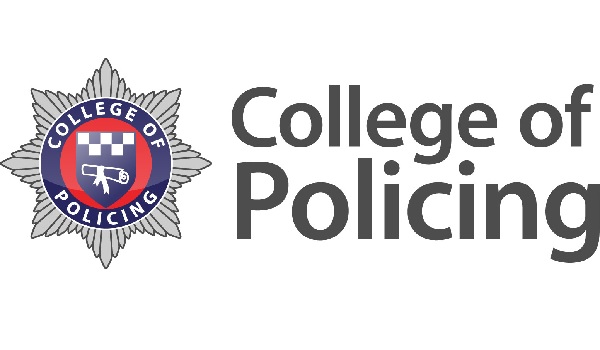College publishes guidance on disciplinary hearing findings
The College of Policing has released guidance designed to increase fairness and proportionality in misconduct hearing outcomes across England and Wales.
The College of Policing has released guidance designed to increase fairness and proportionality in misconduct hearing outcomes across England and Wales. Misconduct panels will be given the guidance to improve consistency in the assessment of the seriousness of an officers conduct. The college finished consulting on the document more than a year ago but the release was delayed as a result of having to wait for a number of minsters to sign off the document. Under the new guidance, misconduct panels are advised to consider culpability for the misconduct, the harm caused, and aggravating and mitigating factors. Aggravating factors include any misconduct against a vulnerable person, or where discrimination is evident, while mitigating factors include mental ill health, disability, medical condition or stress which affected the officers ability to cope with the circumstances in question. Unconscious discrimination is also taken into account, as the college says this can be serious and can also have a significant impact on public confidence in policing. Personal mitigation can be considered, but its impact will be limited, the guidance states. In January 2016, forces were able to appoint legally qualified independent chairs to sit on misconduct panels in place of a chief officer. The new guidance outlines a general framework to assess the seriousness of conduct, and details culpability factors which independent chairs may not be aware of. Detective Superintendent Jackie Alexander, college lead for professional standards, said: The majority of police officers do their job, and use the significant powers entrusted to them, with courage, honesty and integrity every day. However, when conduct is called into question and there is evidence that the professional standards required in policing may have been breached, then it is right and proper that those chairing misconduct proceedings come to consistent and proportionate determinations. The results of which should help maintain the confidence of the public, while also being fair to the officers concerned. This new guidance, while acknowledging that every case must be decided on its own facts, will assist those chairing misconduct proceedings by ensuring they have to hand all of the relevant criteria they may wish to take into account when determining whether there is a conduct breach, and if so, the appropriate level of sanction to be imposed.


